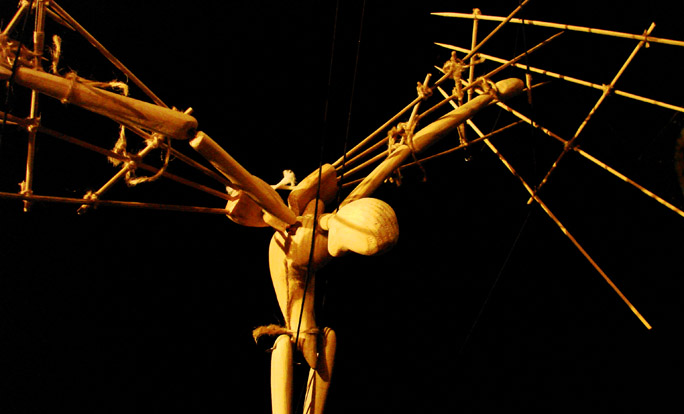I found myself in a debate recently on the notion that myths are no longer relevant. I, of course, stood on my Joseph Campbell soap box and defended not only the story telling aspect of Myths, but also how we cannot, as a society function without them. Here is a passage I shared with the disputant.
Where do our myths come from? Do they mean anything?
Why do we continue to talk about Hercules, Thor, Pele, and Laka? Why are stories of Zeus, Moses, and Martin Luther King Jr so resonant?
When we bring up the Mahatma or Steve Jobs, are we talking about real people or the ideas behind them?
Joseph Campbell nailed it. Myths aren’t about gods (real ones or imagined). They are about us. They are about humans acting human and doing it while wearing the cloaks of gods, of legendary figures. Myths highlight the very best of ourselves (and sometimes the worst). These stories don’t spread because a king or despot insists that we hear them and memorize them. No, we engage with and remember and resonate with myths because they’re about our favorite person, our best possible self.
Myths aren’t myths at all. They are mirrors, paths to walk, and bars to be exceeded. The forgotten part of the original story of Icarus was a powerful talisman, a reminder to avoid selling ourselves short, a reminder to honor the opportunities in front of us.

